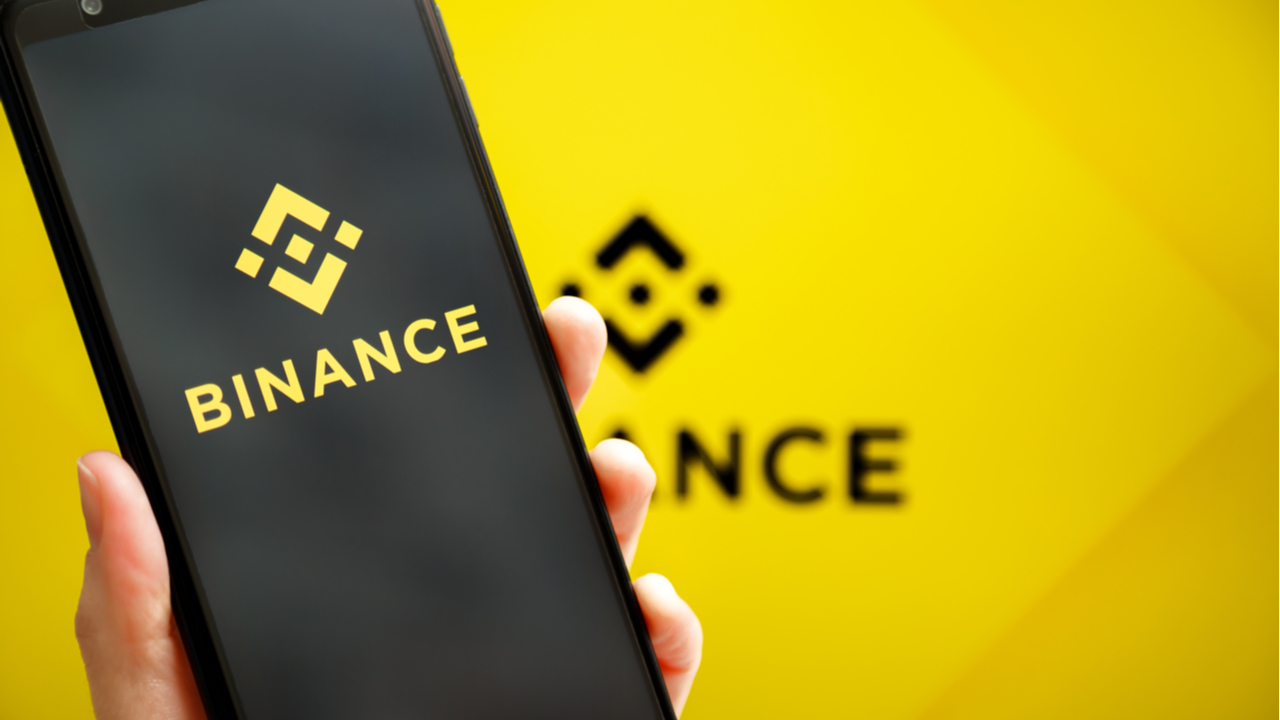 An account blockade that happened more than five months ago due to money laundering issues has prompted some Colombian users of Binance to commence legal action against the exchange in the country. According to reports the funds blocked exceed $1 million, and after an investigation from the FIOD, the Netherlands’ anti-money laundering watchdog, the funds […]
An account blockade that happened more than five months ago due to money laundering issues has prompted some Colombian users of Binance to commence legal action against the exchange in the country. According to reports the funds blocked exceed $1 million, and after an investigation from the FIOD, the Netherlands’ anti-money laundering watchdog, the funds […]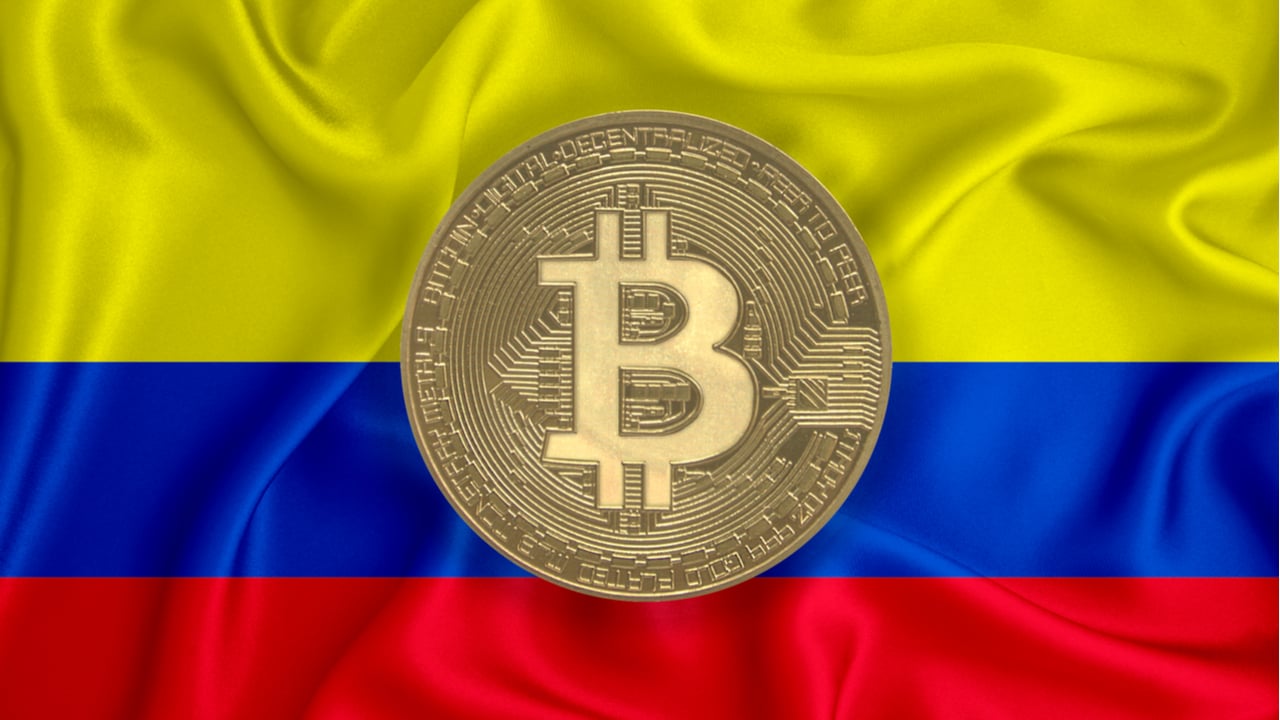 Bitso, a Mexico-based cryptocurrency exchange, is expanding and strengthening its push into the Colombian market in the midst of growing interest in these new technologies in the country. Bitso has appointed Emilio Pardo as a new country manager, to debut the start of operations in Colombia in partnership with Banco de Bogota. Bitso Enters Colombian […]
Bitso, a Mexico-based cryptocurrency exchange, is expanding and strengthening its push into the Colombian market in the midst of growing interest in these new technologies in the country. Bitso has appointed Emilio Pardo as a new country manager, to debut the start of operations in Colombia in partnership with Banco de Bogota. Bitso Enters Colombian […]
Founded in 2014 in Mexico, Bitso is now officially present in Argentina, Brazil, El Salvador and Colombia.
Bitso, a major Latin American cryptocurrency exchange and El Salvador’s crypto wallet assistant firm, has announced its formal launch in Colombia.
As part of Bitso’s development strategy in Colombia, the exchange has hired former Mastercard executive Emilio Pardo as new country manager, the firm announced to Cointelegraph on Thursday.
Pardo is former head of business development for the Andean Region at Mastercard, where he focused on fintech issues like instant and cross-border financial transactions and open banking. He will now be responsible for developing Bitso’s strategy in Colombia to increase the local crypto adoption and financial inclusion, focusing on Bitso’s strategic basics including education and security.
According to Pardo, Latin America is now going through one of the most important moments in the adoption of cryptocurrencies, and Colombia is not an exception. The growing crypto adoption will not only benefit Colombia's financial ecosystem, but will also help educate and address the needs of our customers and fellow citizens, he noted.
Bitso’s Colombian operations are regulated by a major local financial authority, the Superintendencia Financiera de Colombia, or SFC. According to the announcement, the SFC granted Bitso with authorization to operate within la Arenera, the regulatory framework of its sandbox and crypto pilot program in late 2021.
Under this framework, Bitso started working in partnership with Colombia’s first commercial bank, Banco de Bogotá, in 2021 to trial the exchange’s products and services.
“As an end-to-end regulated crypto platform, we can ensure that this opportunity is putting Colombia at the forefront of innovation and regulation,” Pardo said. He added that the crypto exchange is testing its products within a regulation framework that takes into consideration the entire ecosystem of financial services, including banks, exchanges, regulators and end users.
Related: Colombia clamps down on crypto tax evasion as adoption thrives
Founded in 2014 in Mexico, Bitso is one of the biggest crypto exchanges in Latin America, allowing users to buy and sell cryptocurrencies like Bitcoin. The exchange has been growing massively in recent years, expanding to Argentina in February 2020 and then entering Brazil in April 2021.
The exchange is also present in El Salvador, which officially adopted Bitcoin as legal tender in September 2021. Bitso specifically cooperated with Silvergate to facilitate United States dollar transactions for El Salvador’s official Bitcoin (BTC) wallet, Chivo wallet, at launch.
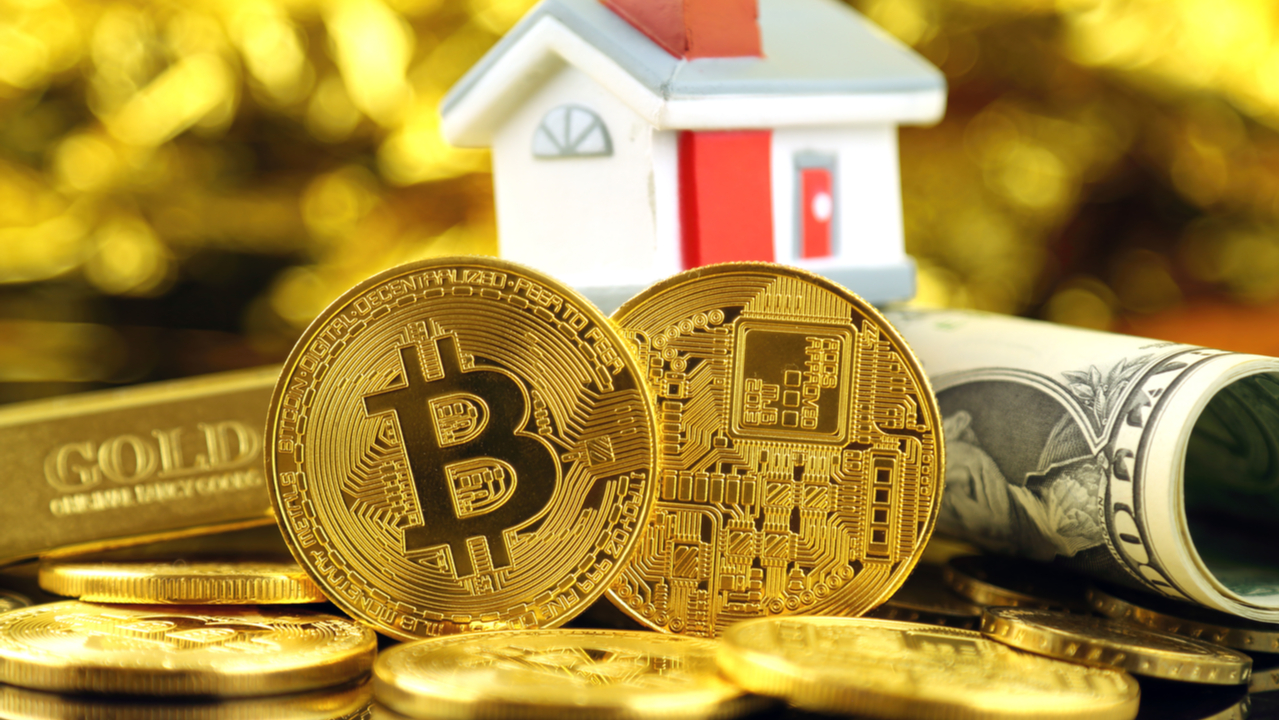 The first real estate purchase with Bitcoin has been registered in Colombia last week. The company, called La Haus, sold one property in Santa Marta to a buyer that was not in Colombia at the time of the purchase. While Colombia is just starting to consider bitcoin for real estate payments, in neighboring countries like […]
The first real estate purchase with Bitcoin has been registered in Colombia last week. The company, called La Haus, sold one property in Santa Marta to a buyer that was not in Colombia at the time of the purchase. While Colombia is just starting to consider bitcoin for real estate payments, in neighboring countries like […]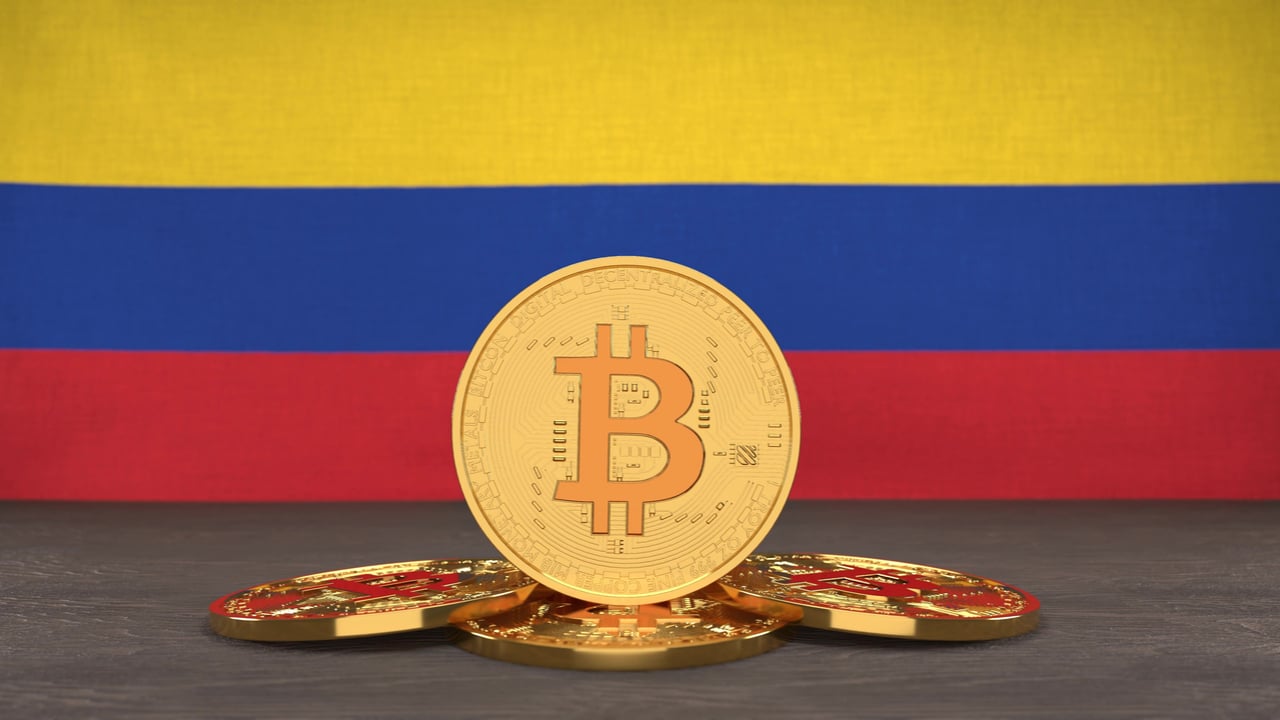 The Colombian government has issued new regulations that force exchanges and individuals to report cryptocurrency transactions to the UIAF, the anti-money laundering watchdog in Colombia. The transactions must be reported via an online reporting system, and exchanges will be required to issue periodic reports of suspicious transactions made by users. Colombia Tightens AML Controls New […]
The Colombian government has issued new regulations that force exchanges and individuals to report cryptocurrency transactions to the UIAF, the anti-money laundering watchdog in Colombia. The transactions must be reported via an online reporting system, and exchanges will be required to issue periodic reports of suspicious transactions made by users. Colombia Tightens AML Controls New […]
Colombia’s tax authority is tightening the screw on Bitcoin and cryptocurrency-related tax evasion against a backdrop of burgeoning cryptocurrency adoption.
Down in Bogotá, cryptocurrency adoption is raging on. Colombia’s tax authority, the DIAN, (Dirección de Impuestos y Aduanas Nacionales de Colombia) has begun to catch up. It seeks to take “special measures” to crack the whip on cryptocurrency tax avoiders.
In a statement released on January 28th, the DIAN stated that it would attempt to better regulate the cryptocurrency space, to work toward a more “honest” Colombia. The statement admits that Bitcoin (BTC) and cryptocurrency use is growing worldwide:
“Currently, operations with crypto assets are a reality worldwide and with the boom in the use of so-called virtual currencies or cryptocurrencies, the DIAN has initiated actions aimed at to control the taxpayers who carry out operations with them.”
In effect, the DIAN wishes to establish a framework that would establish a tax control for “omitted” or “inaccurate” taxpayers. That includes Colombian citizens who failed to record income obtained from crypto operations, or those recording inaccurate cryptocurrency activities.
It comes as little surprise as Colombia is an increasingly active country for Bitcoin and crypto adoption. Colombia is consistently the second most active Bitcoin trading country in Latin America according to usefultulips.org, an online service tracking peer-to-peer BTC trading across the world.
Meanwhile, a search on Coinmap shows hundreds of merchants and ATMs across the country for Bitcoin services. Indeed, according to the Venezuelan newspaper El Nacional, there are 687 Bitcoin-friendly retailers in Colombia.
While hardcore crypto libertarians may roll their eyes at the tax authorities attempting to regulate the space, the move may in fact be encouraging for greater crypto adoption. Recent news, as well as the DIAN’s approach to regulation, would suggest that Colombia’s institutions are in fact warming to crypto.
Currently, Colombia’s laws dictate that its financial institutions are prohibited from protecting, investing, brokering, or managing cryptocurrency operations. However, Colombian citizens can invest, and some legacy financial institutions are paving the way for greater adoption of cryptocurrencies in the country known as the “gateway to South America.”
In March last year, one of Colombia’s oldest banks, Banco de Bogotá, surprised incumbents, announcing it would explore crypto-related services as part of a regulatory sandbox project. The Winklevoss twins’ Gemini trading firm has since partnered with a rival bank, Bancolombia, for clients to trade four crypto assets: Bitcoin, Ether (ETH), Litecoin (LTC) and Bitcoin Cash (BCH).
It would appear the Colombian government consents to crypto, launching a game that teaches young people how to invest in the stock market and cryptocurrencies in September 2021.
Nonetheless, before jumping to conclusions that Colombia may become the next Latin American country to adopt Bitcoin as legal tender, understand that the DIAN's efforts are simply an attempt to fight tax evasion.
The country will need to up its user numbers, trading volumes and win over more government ministers before such a move could take place.
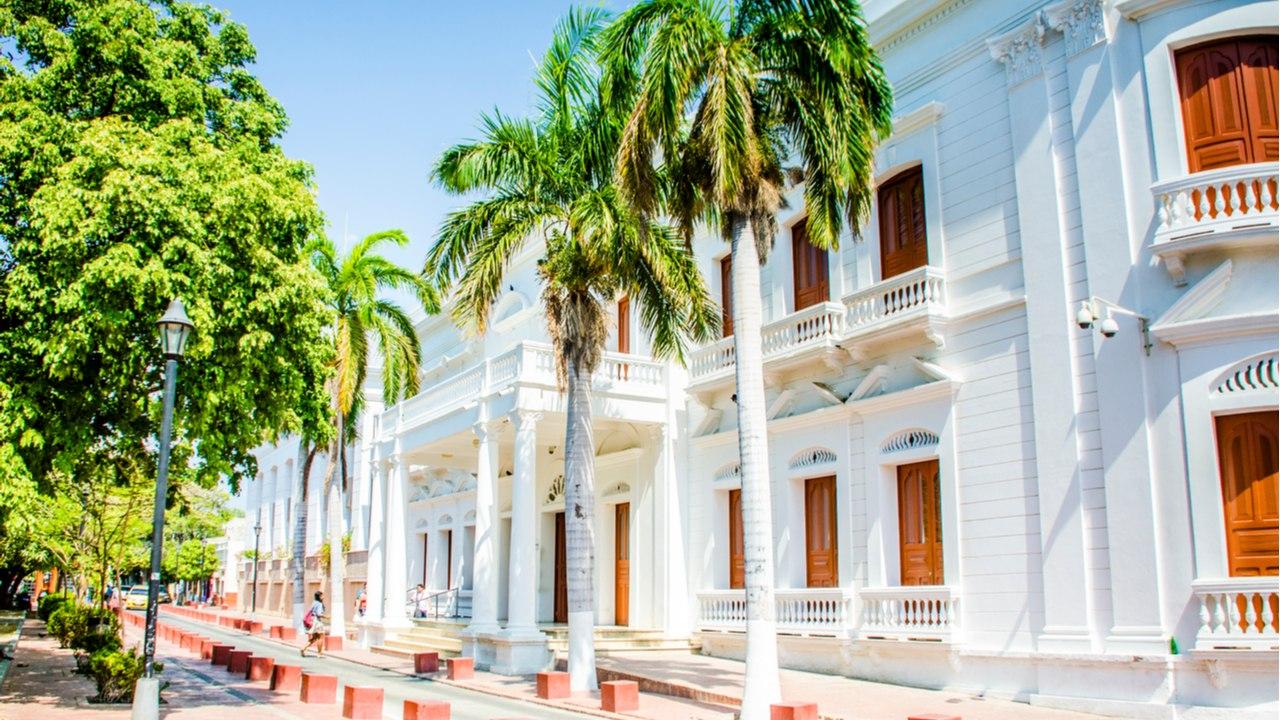 A Colombian real estate platform is now allowing users to purchase properties with Bitcoin. The platform, called La Haus, is promoting bitcoin payments for a new real estate project in Santa Marta, called Natura City. This is an expansion of the platform, which has already established such a service in Mexico. La Haus to Allow […]
A Colombian real estate platform is now allowing users to purchase properties with Bitcoin. The platform, called La Haus, is promoting bitcoin payments for a new real estate project in Santa Marta, called Natura City. This is an expansion of the platform, which has already established such a service in Mexico. La Haus to Allow […]
Customers of stablecoin payment app Reserve express their dependency on technology for everyday transactions.
Last month, Cointelegraph interviewed Reserve CEO Nevin Freeman and the payment decentralized application’s community manager Yens Michiels about the company’s mission to provide access to stable currencies. More recently, Cointelegraph spoke to a couple of users based out of Venezuela and Colombia who shared their positive experiences with Reserve.
Reserve is a tool to exchange fiat currency like Venezuelan bolivares for U.S. dollars via the Reserve (RSV) stablecoin. From everyday purchases to family remittances, Reserve has said that its use cases are increasingly growing in Latin America. After one year on the market in Venezuela, Colombia, Panama and Argentina, there are over 100,000 weekly app visitors and more than 8,000 merchants accepting it as a means of payment.
Sasha Antunez and Alicia Stephany are two Reserve customers who offered their perspective on the app’s role in their daily lives and on the economic situation in Venezuela. Antunez is a neurologist living in Maracay, Venezuela and a self-proclaimed “Reserve Ranger” who uses Reserve both at home and at work. Stephany is a Venezuelan living in Bogota, Colombia who uses Reserve to support her family members that still live in Venezuela.
Antunez explained how she uses Reserve for daily expenses:
“I have my Reserve dollars saved in the app. Suppose I have to go to the supermarket and I have around $20. I do the exchange so that I have bolivares in my bank account and can pay for everything at the supermarket. But I also know that I can take my bolivares, turn them into Reserve dollars, and then into USDT.”
Most customers use it to save their money. If they get paid in their local currency, they do not have to worry about its devaluation if it is in U.S. dollars. And if they need to buy something in a local currency, as Antunez described, they can always convert it back or pay directly with the RSV stablecoin if the merchant accepts it. Most don’t even realize that it has to do with cryptocurrency, like Stephany.
“The Venezuelan bolivar loses value so fast that if you have bolivares, you need to change it as soon as you can to protect them,” she explained, adding the example that if she’s in Colombia and her father is in Venezuela, but “I needed to pay for his things, then instead of only exchanging what I needed at the supermarket, I was always looking for someone to buy extra dollars from me. So, I convinced the people from the supermarket and the pharmacy I use to download Reserve.”
Related: Venezuelan international airport to accept Bitcoin payments: Report
The government introduced a re-denomination of the currency in October, the third one since 2008, in order to ease computations. The economy, however, had already been increasingly unofficially dollarized. This means that prices in stores are marked in dollars, corresponding to the black market rate rather than the official exchange rate, as more and more merchants use PayPal, Zelle or, now, Reserve. With Reserve, users can exchange currencies at rates closer to those of the central bank.
Couple this volatility with hyperinflation, and mistrust in the government and the banking system is bound to surge among citizens. When asked about the prospects of the economy getting better in Venezuela, Antunez said:
“I believe that technology will play a big part because cryptocurrencies allow financial freedom and free access for everyone. That’s how we need to address this situation, by giving people the tools to protect their money. Here, we don’t have any solutions, at least not right now. And I don’t see things getting any better. In the meantime, we’re just trying to protect the little money we earn from our jobs.”
At the time of publication, the project’s iPhone app was the No. 1 most downloaded app in the Venezuelan app store under the finance category. Binance and MetaMask, two other cryptocurrency trading apps, are among the top 10 as well.
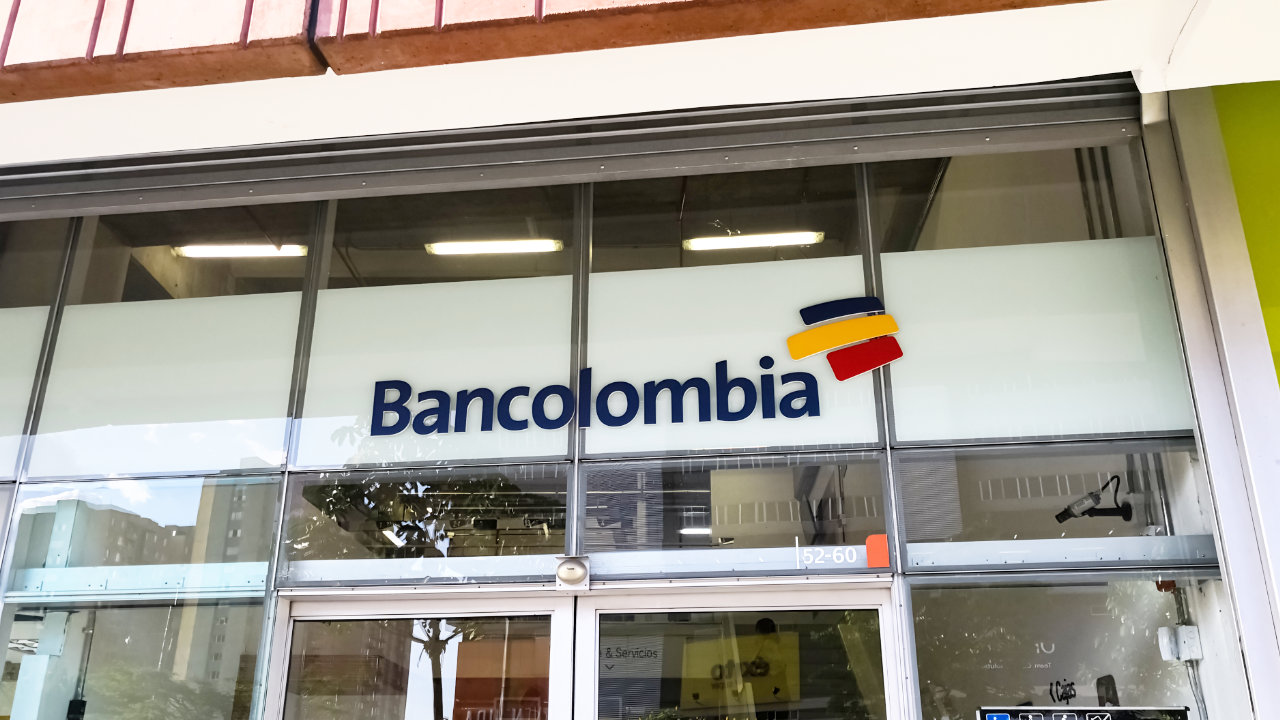 Bancolombia, Colombia’s largest bank, will be offering cryptocurrency trading to customers in a pilot program within a regulatory framework established by the country’s financial regulator, the Superintendencia Financiera de Colombia (SFC). Customers of the Colombian bank will be able to trade bitcoin, ether, litecoin, and bitcoin cash. Bancolombia to Offer Cryptocurrency Trading to Customers in […]
Bancolombia, Colombia’s largest bank, will be offering cryptocurrency trading to customers in a pilot program within a regulatory framework established by the country’s financial regulator, the Superintendencia Financiera de Colombia (SFC). Customers of the Colombian bank will be able to trade bitcoin, ether, litecoin, and bitcoin cash. Bancolombia to Offer Cryptocurrency Trading to Customers in […]
The partnership will allow Bancolombia customers to trade a number of popular cryptocurrencies including BTC, ETH, and LTC.
New York-based crypto exchange Gemini has announced that it will be expanding into Latin America through an upcoming partnership with Colombia’s largest bank, Bancolombia.
The partnership will take effect Dec. 14, and will permit customers from Bancolombia to trade 4 crypto assets: Bitcoin (BTC), Ether (ETH), Litecoin (LTC), and Bitcoin Cash (BCH).
A limited number of users will be able to buy crypto directly from their Bancolombia bank accounts through the Gemini exchange, which will provide crypto-specific infrastructure for exchange and custody of assets. It remains unclear whether the users will be able to withdraw the crypto holdings directly from their accounts.
In a Dec. 6 announcement about the partnership, Gemini stated that it “serves as an important step toward the strategic expansion of Gemini’s presence in Latin America.”
“We believe that crypto can play an important role in the development of Latin America as interest in blockchain and innovative technologies proliferates throughout the region.”
The partnership will run as part of a year-long pilot program run by Colombia’s financial regulator, the Superintendencia Financiera de Colombia (SFC). The regulatory sandbox, “la Arenera” was approved by the Ministry of Finance and Public Credit in September 2020.
In January, the SFC announced that it had chosen 9 out of fourteen crypto exchanges that applied for the project including Gemini, Binance, and the Mexican exchange Bitso.
Since El Salvador adopted BTC as a legal tender on Sept. 7, Latin America has moved in strides towards mainstream crypto adoption. In Oct., CEO of multicurrency investment platform Uphold JP Thieriot told Cointelegraph that Latin America stands to “benefit the most from crypto.”
Gemini currently operates in over 60 countries, including Argentina, Brazil, Chile, El Salvador, Panama, Peru, and Uruguay in Latin America.
Related: Blockchain.com acquires SeSocio to cement presence in Latin America
Bancolombia operates in Colombia, Panama, Guatemala, and El Salvador. According to an internal report from last year, it has 17.8 million users.
In March, Colombia’s oldest bank Banco de Bogotá also announced that it would also be piloting crypto services as part of la Arenera. A year prior in March 2020, Cointelegraph reported that Latin America is the region with the third-largest number of crypto users in the world.